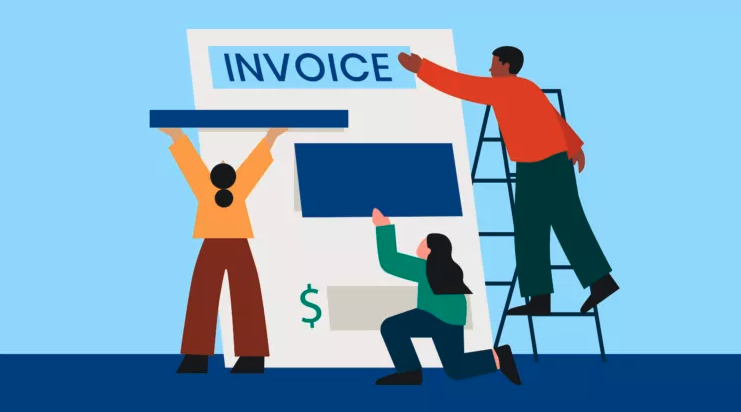On a recent flight to Saskatoon, SK, to attend the CBA’s annual conference, I found myself sitting next to a lawyer of a more traditional persuasion who was fascinated to learn about the regulatory changes stemming from the UK’s Legal Services Act, as well as Riverview’s low overhead fixed-fee model. “Isn’t that rather missing the point?” he asked with a wry smile. “I thought the general idea was to bill as many hours as possible?”. Enter the liberalization of legal services.
He’s right, of course. In many traditional firms whose fragile financial ecosystems depend entirely on lawyers billing a minimum number of hours to maintain the high utilization rate required for survival, that is often the point. For decades now, the majority of lawyers have been measured and rewarded almost exclusively on the number of hours they bill, and it’s created a topsy-turvy law firm-centric model that drives entirely the wrong behaviors.
Economics and psychology teach us that human behavior adjusts to the metrics it’s being measured against, and to the associated rewards. Most of us can attest to this, just from our own experience, I’m sure, but there are plenty of examples to be found inside and outside of our industry. In one survey I recently came across linked to the billable hour, only one in ten Associates disagreed with the statement “Attorneys tend to rationalize and justify questionable billing practices.” Make of that what you will.
The reality is that when it comes to the traditional law firm model, with typically high overheads and inflexible billing mechanisms, if you were starting from scratch, you wouldn’t start from here. So what would be different? I would suggest you could do worse than take a look across the Pond, where the UK’s Legal Services Act has been a significant catalyst for innovation and where a number of themes are emerging from new entrants with the luxury of starting with a blank slate.
In a similar vein, some colleagues and I recently co-wrote a paper comparing the paradigm shift in the travel industry with the changes we’re beginning to see in the legal services marketplace, and there are undoubtedly valuable lessons for those willing to learn from them.
If you’re interested, you can read more about it here, and for those of you attending the Clio Cloud Conference in Chicago later this month, I’ll be exploring these themes in my keynote. I hope to see you there.
We published this blog post in September 2013. Last updated: .
Categorized in: Clio



